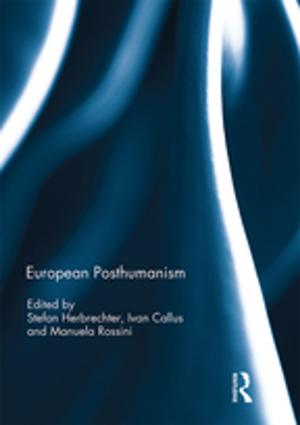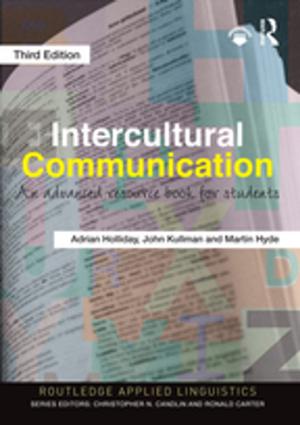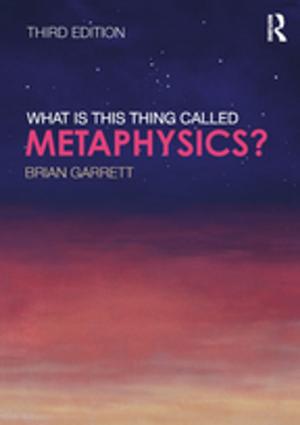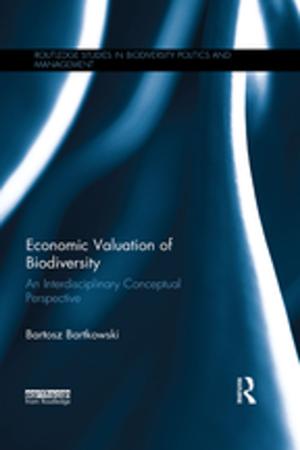Traveling Through Text
Message and Method in Late Medieval Pilgrimage Accounts
Fiction & Literature, Literary Theory & Criticism, Medieval, Nonfiction, History| Author: | Elka Weber | ISBN: | 9781135495794 |
| Publisher: | Taylor and Francis | Publication: | February 4, 2014 |
| Imprint: | Routledge | Language: | English |
| Author: | Elka Weber |
| ISBN: | 9781135495794 |
| Publisher: | Taylor and Francis |
| Publication: | February 4, 2014 |
| Imprint: | Routledge |
| Language: | English |
Traveling through Text compares religious ravel writing by Muslims, Christians and Jews in later Middle Ages. This comparative approach allows us to see that writers in all three religious communities used travel writing in the same way, to shape the perceptions of their readers by asserting the author's authority. The central paradox of religious travel writing is that the travel writer reads about a place, usually in a sacred text, decide to supplement the reading with the empirical experience of visiting and describing the place, and the creates his own descriptive text. But in writing this new book, and in letting his readers know his authorial authority, the travel writer himself is daring the reader to challenge the new text. Is a book ever enough? For societies that value their sacred texts, this question is a challenge. But it is a challenge posed by writers who live firmly in the religious tradition.
Traveling through Text compares religious ravel writing by Muslims, Christians and Jews in later Middle Ages. This comparative approach allows us to see that writers in all three religious communities used travel writing in the same way, to shape the perceptions of their readers by asserting the author's authority. The central paradox of religious travel writing is that the travel writer reads about a place, usually in a sacred text, decide to supplement the reading with the empirical experience of visiting and describing the place, and the creates his own descriptive text. But in writing this new book, and in letting his readers know his authorial authority, the travel writer himself is daring the reader to challenge the new text. Is a book ever enough? For societies that value their sacred texts, this question is a challenge. But it is a challenge posed by writers who live firmly in the religious tradition.















